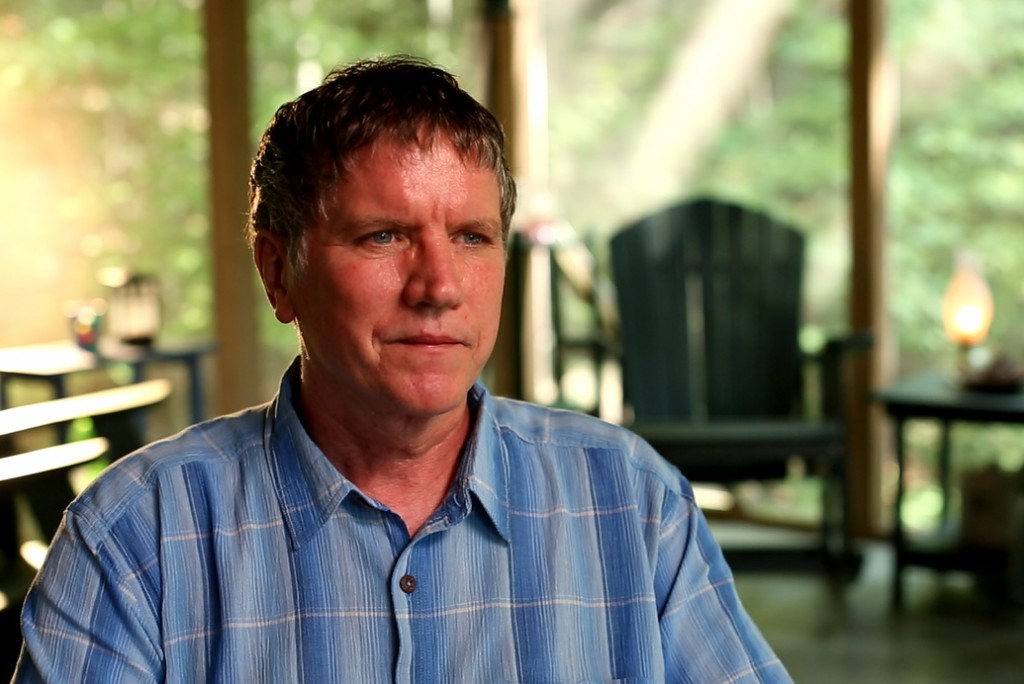https://youtu.be/2ugUN1mFyio
Repeated exposure to abuse, social exclusion and rejection has had a devastating affect on the people we support. Trauma affects the way our brains develop and function and it leaves a lasting impression. Welcome to our new module titled ‘Trauma-Informed Care’ written by Karyn Harvey.
This module will help you to understand the biology of trauma. This module will help you to be able to recognize, and most importantly support and heal the trauma that people have experienced.
Learning Outcomes for This Module
On successful completion of this module, you will be able to
– Identify and be sensitive to the trauma that many people have experienced.
– Describe the symptoms of post-traumatic stress disorder.
– Understand and support the key ingredients to healing.
– Implement practices that support the power of positivity and the five levels of happiness.
Watch the module trailer here:
Learn more about Open Future Learning.
Learn more about this module.


